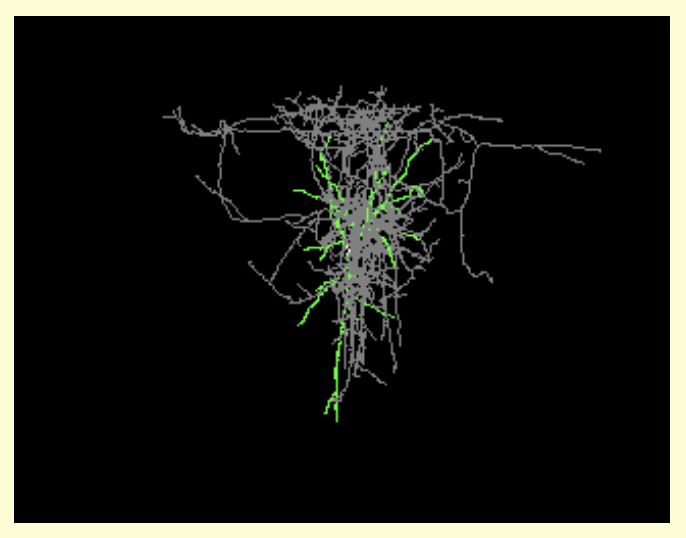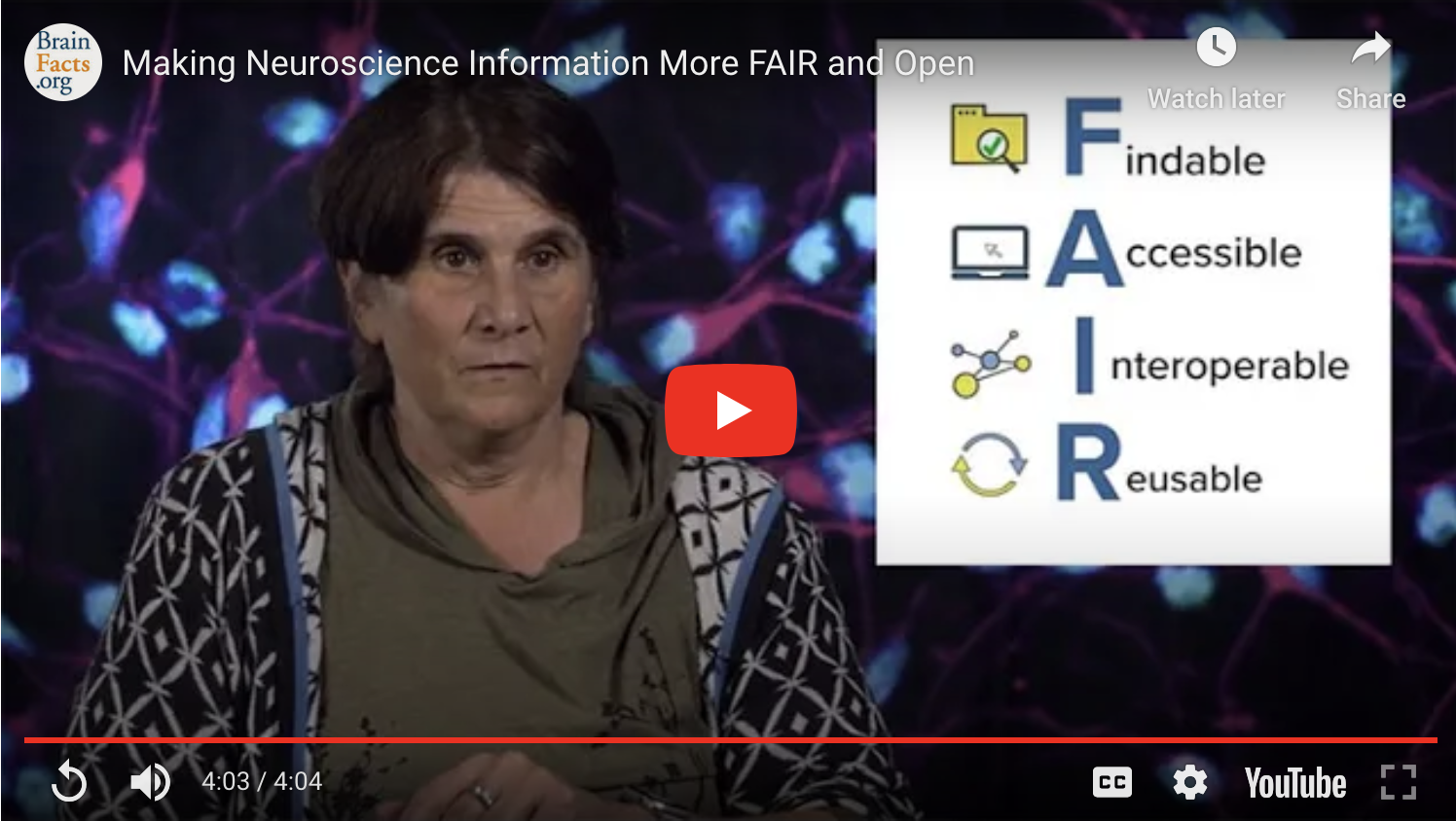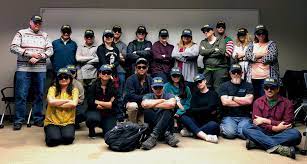Proper Citation: DSpace (RRID:SCR_005865)
Description: DSpace open source software is a turnkey institutional repository application. DSpace is the software of choice for academic, non-profit, and commercial organizations building open digital repositories. It is free and easy to install out of the box and completely customizable to fit the needs of any organization. DSpace preserves and enables easy and open access to all types of digital content including text, images, moving images, mpegs and data sets. And with an ever-growing community of developers, committed to continuously expanding and improving the software, each DSpace installation benefits from the next. Top Reasons to Use DSpace * Largest community of users and developers worldwide * Free open source software * Completely customizable to fit your needs * Used by educational, government, private and commercial institutions * Can be installed out of the box * Can manage and preserve all types of digital content
Abbreviations: DSpace
Resource Type: software resource, software application
Keywords: repository, platform
Expand AllWe found {{ ctrl2.mentions.total_count }} mentions in open access literature.
We have not found any literature mentions for this resource.
We are searching literature mentions for this resource.
Most recent articles:
{{ mention._source.dc.creators[0].familyName }} {{ mention._source.dc.creators[0].initials }}, et al. ({{ mention._source.dc.publicationYear }}) {{ mention._source.dc.title }} {{ mention._source.dc.publishers[0].name }}, {{ mention._source.dc.publishers[0].volume }}({{ mention._source.dc.publishers[0].issue }}), {{ mention._source.dc.publishers[0].pagination }}. (PMID:{{ mention._id.replace('PMID:', '') }})
A list of researchers who have used the resource and an author search tool
Find mentions based on location

{{ ctrl2.mentions.errors.location }}
A list of researchers who have used the resource and an author search tool. This is available for resources that have literature mentions.
No rating or validation information has been found for DSpace.
No alerts have been found for DSpace.
Source: SciCrunch Registry





